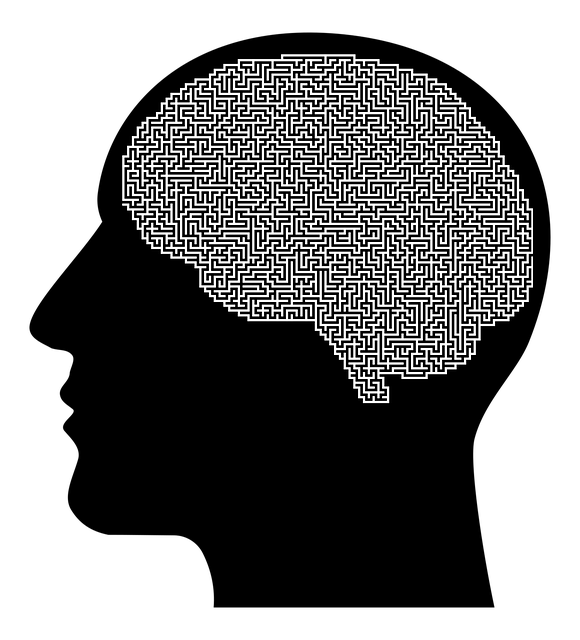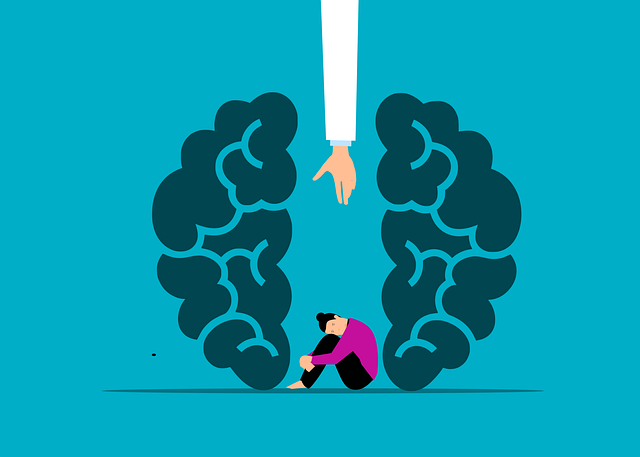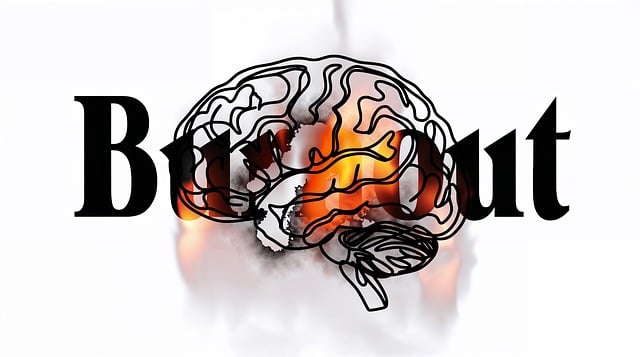Anxiety disorders, impacting millions globally, manifest through worry, fear, and physical symptoms, with types like Generalized Anxiety Disorder (GAD) and Panic Attacks. Longmont Alcohol Abuse Therapy offers a holistic approach using empathy building, mindfulness meditation, and self-esteem improvement to manage anxiety. Cognitive Behavioral Therapy (CBT), effective for anxiety management, focuses on identifying and modifying negative thought patterns. Mindfulness and meditation techniques, integrated into therapy, enhance emotional regulation and reduce stress triggers. Adopting healthier habits like exercise and a balanced diet further supports anxiety relief. Longmont Alcohol Abuse Therapy combines relaxation techniques and group support to empower individuals with tools for lifelong stress management in a community dedicated to their mental well-being.
Anxiety disorders are a common yet serious mental health concern, affecting millions worldwide. Understanding anxiety involves recognizing its varied symptoms and types, from social phobia to generalized anxiety disorder. This article explores effective management techniques, including Cognitive Behavioral Therapy (CBT), mindfulness practices, and lifestyle adjustments. It delves into the power of Longmont Alcohol Abuse Therapy, combining relaxation methods with supportive care for holistic well-being. By adopting these strategies, individuals can take control, reduce anxiety symptoms, and enhance their overall mental health.
- Understanding Anxiety Disorders: Symptoms and Types
- Cognitive Behavioral Therapy: A Powerful Tool for Anxiety Management
- Mindfulness and Meditation Techniques to Calm the Mind
- Lifestyle Changes for Better Mental Well-being
- Longmont Alcohol Abuse Therapy: Integrating Relaxation and Support
Understanding Anxiety Disorders: Symptoms and Types

Anxiety disorders are a prevalent mental health concern affecting millions worldwide. Understanding anxiety involves recognizing its various symptoms and types, as it manifests differently in each individual. Common signs include persistent worry, fear, restlessness, insomnia, and physical symptoms like increased heart rate or muscle tension. Individuals may experience generalized anxiety disorder (GAD), characterized by excessive and uncontrollable worry about everyday matters, or panic attacks that suddenly strike with intense fear and discomfort. Social anxiety disorder involves overwhelming fear of social situations, leading to avoidance behaviors.
Longmont Alcohol Abuse Therapy often incorporates strategies like empathy building, mindfulness meditation, and self-esteem improvement to address these disorders holistically. Empathy building helps therapists connect with clients on a deeper level, fostering trust and understanding. Mindfulness meditation teaches individuals to stay present, managing anxious thoughts as they arise. Self-esteem improvement focuses on challenging negative beliefs and promoting positive self-perception, which can significantly reduce anxiety levels.
Cognitive Behavioral Therapy: A Powerful Tool for Anxiety Management

Cognitive Behavioral Therapy (CBT) is a highly effective and structured approach to managing anxiety, making it a valuable resource for individuals seeking Longmont Alcohol Abuse Therapy. This therapeutic method focuses on identifying and modifying negative thought patterns and behaviors that contribute to anxiety disorders. By challenging unhelpful beliefs and replacing them with more realistic and positive ones, CBT empowers clients to develop healthier coping strategies.
The process involves active participation where patients learn to recognize triggers and understand the connection between thoughts, feelings, and behaviors. This heightened awareness is often fostered through practices like mindfulness meditation, which can be a powerful tool within CBT. By integrating techniques from Mental Wellness Podcast Series Production, such as stress reduction methods, into their therapy sessions, individuals can enhance their overall mental wellness.
Mindfulness and Meditation Techniques to Calm the Mind

Mindfulness and meditation are powerful tools for managing anxiety, offering a calm and centered approach to navigating life’s challenges. These practices involve focusing on the present moment, observing thoughts and sensations without judgment, and cultivating a sense of awareness and acceptance. Longmont Alcohol Abuse Therapy centers often integrate mindfulness techniques into their programs because they help individuals detach from anxious thoughts and reduce reactivity to stress triggers.
By regularly engaging in mindfulness meditation, one can improve emotional regulation skills, enhance focus, and cultivate a deeper understanding of one’s thought patterns. This practice encourages coping skills development by providing a space for self-reflection and self-soothing. Additionally, in the context of Mental Health Policy Analysis and Advocacy or Mental Illness Stigma Reduction Efforts, promoting mindfulness as a tool for anxiety management can contribute to broader discussions on holistic mental health care and inclusive support systems.
Lifestyle Changes for Better Mental Well-being

Adopting a healthier lifestyle is a powerful tool in managing anxiety and improving mental well-being. Regular exercise, for instance, releases endorphins that can reduce stress and promote a sense of calm. Activities like yoga combine physical movement with breathing techniques and mindfulness meditation, offering a holistic approach to anxiety relief. A balanced diet also plays a significant role; certain foods are known to boost mood and energy levels while reducing inflammation in the brain.
Additionally, Longmont Alcohol Abuse Therapy can be a game-changer for individuals struggling with anxiety and co-occurring disorders. By addressing underlying issues related to substance abuse, therapy provides an opportunity for profound emotional healing processes. Incorporating practices like mindfulness meditation into daily routines can help manage triggers and cultivate mental resilience. The Mental Wellness Podcast Series Production offers valuable insights and support for those seeking alternative ways to navigate anxiety and promote overall mental wellness.
Longmont Alcohol Abuse Therapy: Integrating Relaxation and Support

In Longmont Alcohol Abuse Therapy sessions, a unique blend of relaxation techniques and supportive environments are integrated to effectively manage anxiety. The therapy focuses on helping individuals develop empathy building strategies that foster deeper connections with themselves and others, thereby facilitating emotional healing processes. By combining these approaches, therapists enable clients to navigate through stressful situations using conflict resolution techniques, ultimately reducing anxiety levels and promoting a more balanced mental state.
Through tailored exercises and group support, Longmont Alcohol Abuse Therapy sessions empower individuals to tackle anxiety head-on. This holistic approach not only addresses the symptoms but also targets the underlying causes, ensuring that participants gain practical tools for lifelong stress management. By embracing these strategies, one can find solace in a supportive community dedicated to their emotional well-being.
Anxiety disorders are manageable with the right tools. By understanding symptoms, exploring evidence-based treatments like Cognitive Behavioral Therapy and mindfulness practices, adopting healthier lifestyles, and seeking support from Longmont Alcohol Abuse Therapy, individuals can significantly reduce anxiety and enhance their overall well-being. These techniques offer a holistic approach to calming the mind and navigating life’s challenges with resilience.














